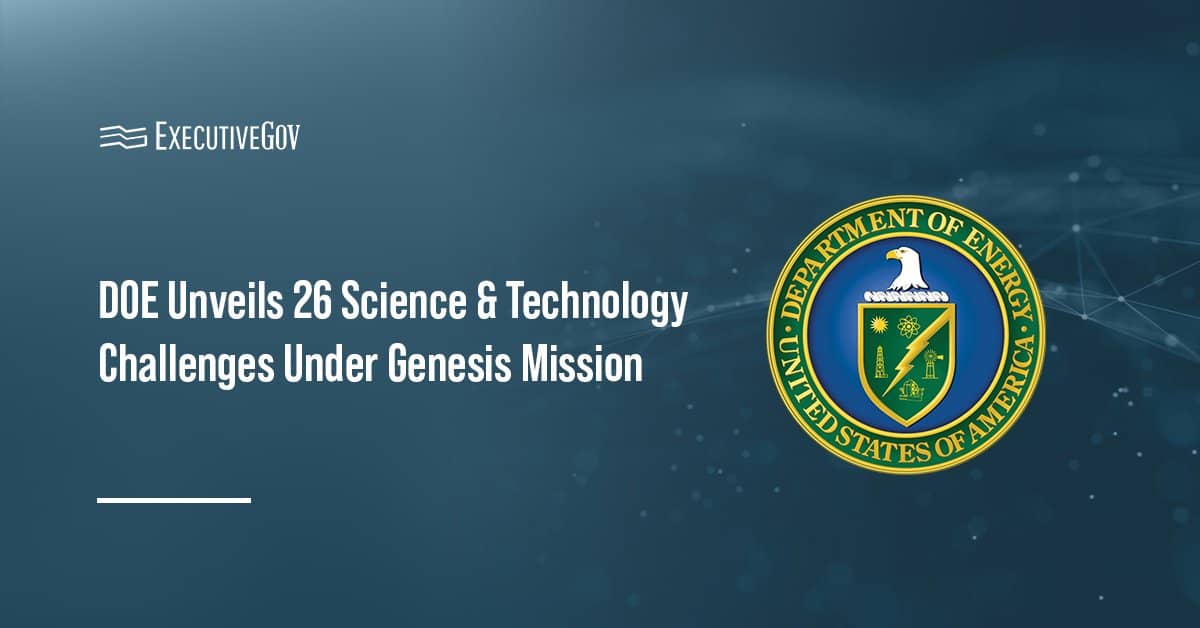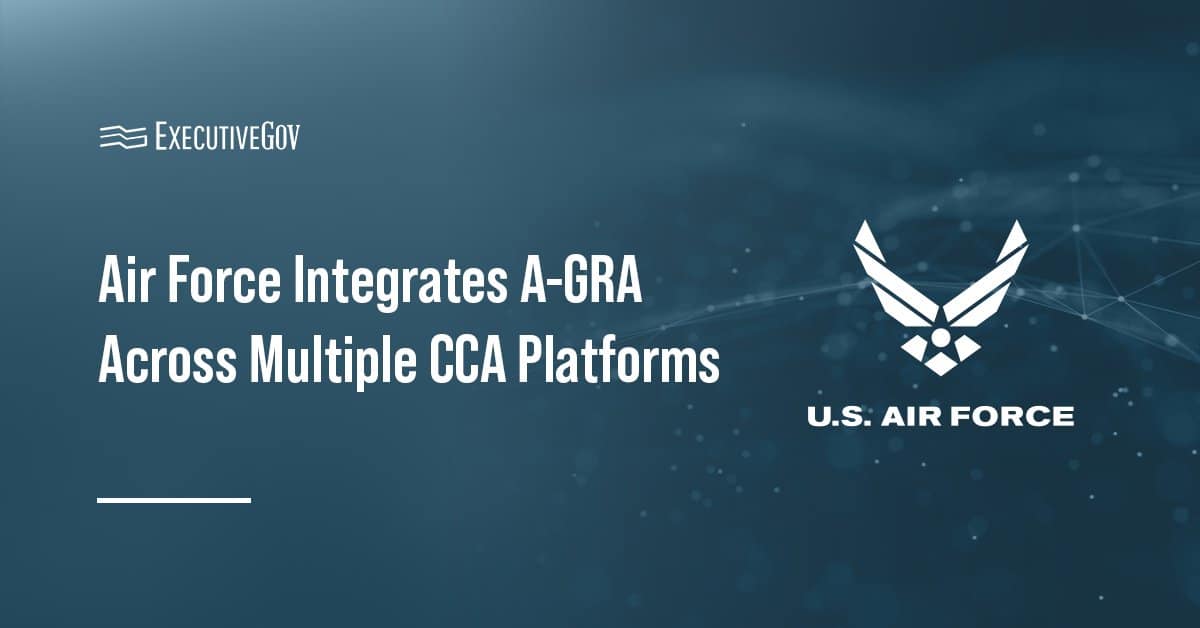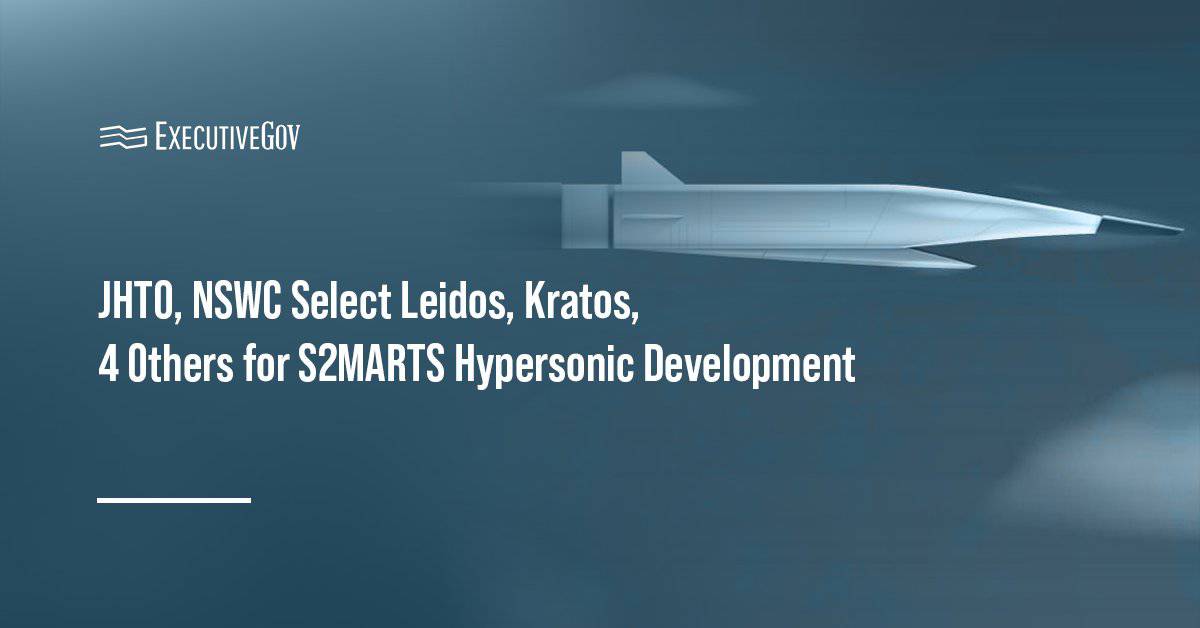
The U.S. Marine Corps is conducting experiments to inform the structure of a new operational concept for expeditions, National Defense Magazine reported Tuesday.
Lt. Gen. Eric Smith, commanding general of USMC’s Combat Development Command, said 13 teams are testing possible structures for the expeditionary advanced base operations or EABO concept.
The new concept revolves around the idea of expeditionary bases that can move quickly to perform a range of activities, the report noted.
Gen. David Berger, USMC commandant, is receiving EABO recommendations through the end of October. Teams will further test EABO ideas via exercises.





